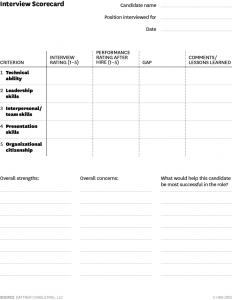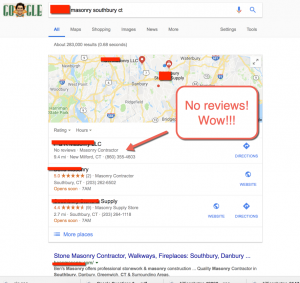September 24, 2016
It’s easy to dream, but it takes a strong-willed entrepreneur to devise and build a business.
Yet even those with the passion and drive to achieve their goals don’t always consider all the details that go into starting a business.
From finding the right advisor to finding the right location, these important tips will help you avoid the early mistakes that can kill a business.
- Solve a problem.
Before you even think about starting a business, you have to make sure your product or service solve an immediate problem. What industry do you serve? What’s the market like? Do some market research to learn how you can stand out from your competitors.
- Find a capable business consultant.
Regularly meet with experienced business owners to discuss every aspect of starting and building a business, from your product or service to your long-term goals. Consult with friends who own businesses, look for mentors, and check your local chamber of commerce and other small business organizations for professional business consultants.
- Choose the right business structure. Determining the appropriate corporate structure for your business is critical to its operation and identity. Tax burden, asset liability, and general work functions are all affected by the structure you choose in the beginning. Each corporate structure –sole proprietorships, general partnerships, LLCs, LLPs, S-Corps, C-Corps, etc.—has distinct advantages and drawbacks. If you find the right advisor, you’ll be able to find the right structure to fit your needs.
- Develop a budget and stick to it.
Planning is one of the most important early steps you can take when starting your business, and financial planning is critical. It’s easy to get caught up in the here and now, especially when money is tight, but realizing your dreams takes plenty of organization and fiscal discipline. Be frugal with your spending, but budget for the things that will move your business forward.
- Find a business-friendly environment.
Before selecting your business entity, consider where you want to locate—both legally and physically. Incorporating your business in a state like Delaware, which offers separate business courts and flexible corporate laws, can be highly advantageous. The type of business you have can also shape where you want to locate physically, as well. Retailers do well in high traffic areas, while service organizations or online businesses aren’t as tied to a physical location.
- Carve out some personal time.
Your family and friends may be the strongest support systems you’ll ever have. Making time for them can not only help motivate you, it can actually give you some much-needed space away from your business. Spending time with family or friends also has the added benefit of demonstrating your appreciation for them, which will strengthen their support for you when times are mentally and financially challenging.
Many businesses never make it past the two-year mark. There are many reasons for this, but most of them boil down to a failure to plan or the inability to practice financial discipline. Create a long-term vision for your new business, but make sure you set small, achievable goals to help you get there.
Business & Finance Articles on Business 2 Community(36)







